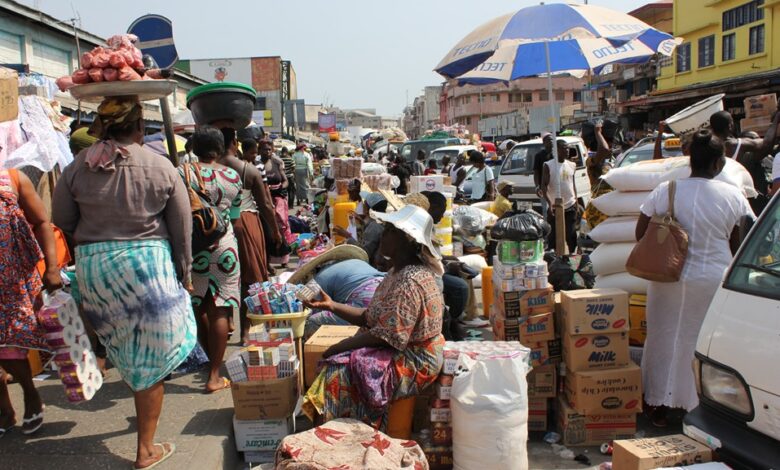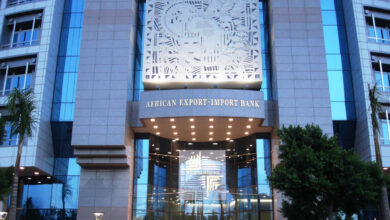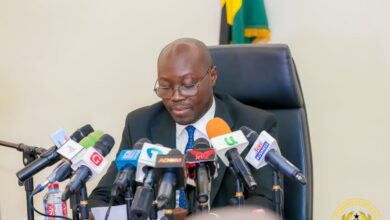Ghana’s Forex Turnaround Sparks Cedi Optimism — But Governor Warns Against Complacency

After years of currency volatility and economic uncertainty, the Ghanaian Cedi is staging a dramatic comeback—up more than 42% year-to-date as of June 2025. But in a frank address Monday, Dr. Johnson Asiama, Governor of the Bank of Ghana, called for measured optimism, warning that sustaining these gains will require deeper structural reforms and behavioral change.

Speaking on the theme “Understanding Ghana’s Recent Forex Gains” at the Graphic Business/Stanbic Bank Breakfast Meeting themed: “Sustaining Forex Gains: Business and Economic Impact,” Dr. Asiama outlined key indicators reflecting Ghana’s macroeconomic rebound:
-
US$11.1 billion in gross international reserves, up from US$8.98 billion last year.
-
A US$4.14 billion trade surplus in just the first four months of 2025.
-
A current account surplus of US$2.12 billion in Q1, up from just US$66 million a year prior.
-
An upgrade in Ghana’s credit rating by S&P, from Selective Default to CCC+.
“These outcomes represent more than just statistical improvement. They are a restoration of macroeconomic credibility,” said Dr. Asiama.
How Ghana Got Here: Coordinated Policy Action
According to the Governor, this turnaround is the product of deliberate and synchronized policy execution between the Bank of Ghana and the Ministry of Finance.
The BoG maintained the policy rate at 28%, mopped up excess liquidity through open market operations, and enforced tighter controls on forex markets. These moves were supported by fiscal discipline from government and adherence to IMF programme benchmarks, boosting investor confidence and triggering a return of portfolio inflows.
Business sentiment is also improving. The Composite Index of Economic Activity (CIEA) grew 4.4% year-on-year in May, while domestic demand for Cedi-denominated assets has revived.
But Risks Still Loom
Despite the positive trajectory, Dr. Asiama cautioned that “sustaining forex gains is far more complex than achieving them.”
He listed three major risks:
-
Volatility from Commodity Dependence
Ghana’s forex earnings rely heavily on gold, cocoa, and oil, which are subject to global price swings. For instance, current high gold prices (over US$3,200/oz) are partially driven by geopolitical instability, such as the Iran-Israel conflict, an unsustainable boost if prices fall. -
Persistent Dollarization
Despite legal tender laws, many sectors including real estate, education, and luxury retail continue to price in dollars, eroding trust in the Cedi. -
Weak Export Value Retention
Export revenues are often held offshore or not reinvested in Ghana, especially by SMEs. This limits the economy’s ability to build resilience from within.
Dr. Asiama stressed the “policy dilemma” facing central banks: while a stronger Cedi helps tame inflation and improve purchasing power, it can hurt export competitiveness if sustained over time. Striking the right balance, he said, requires constant recalibration based on market data.
A Delicate Balance Ahead
With upcoming seasonal pressures on imports and external shocks still possible, the Governor underscored the need to diversify Ghana’s export base, deepen formal savings, and reinforce trust in the local currency.
“We must not be lulled into complacency,” he urged. “It’s one thing to stabilize the Cedi, it’s another to convert that stability into jobs, inclusive growth, and economic transformation.”
As Ghana approaches the mid-point of 2025 with cautious optimism, the Cedi’s gains offer more than just symbolic relief. But as Dr. Asiama made clear, true economic stability lies in structural reforms, not just exchange rate charts.




